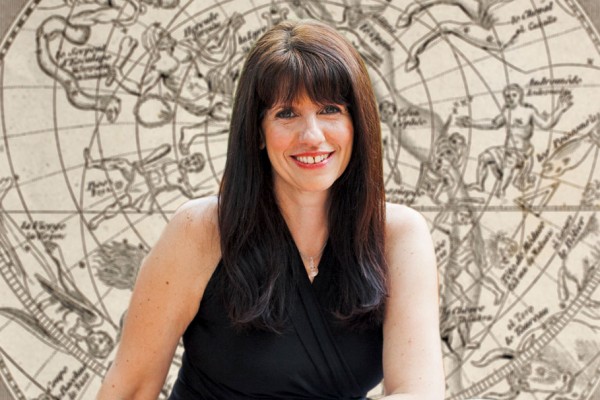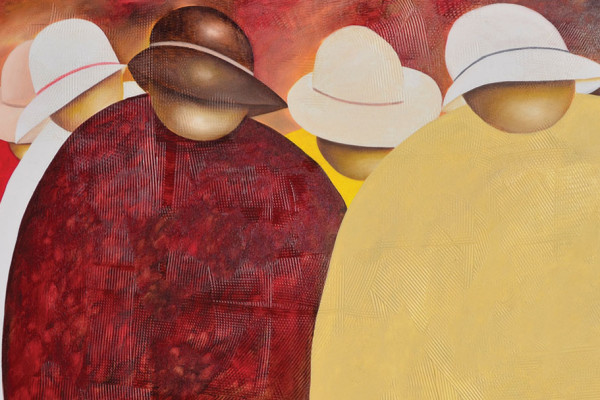Continued (page 8 of 14)
Bobby Moresco
Bobby Moresco has done it all when it comes to Hollywood: He’s acted, directed, produced and written scripts for the big screen, television and the stage. He’s best known for co-writing and producing the film Crash back in 2004, which garnered Bobby and co-writer Paul Haggis the Oscar for Best Original Screenplay. SIFF will screen Crash, and Bobby will be on hand to discuss the film – it will be his first visit to Sedona. Bobby spoke to us about Crash and about being a jack-of-all-trades in the moviemaking business.
Sedona Monthly: You produced and co-wrote Crash, which will be screened at the Sedona International Film Festival. What was it like assuming both roles?
Bobby Moresco: When Paul [Haggis] and I decided we wanted to write that movie, we weren’t sure that we wanted it to be a movie. We thought we might want to do a television show, and we explored that. Then we realized it would be best as a movie. We did a lot of research. We wrote the screenplay in a very short time, but we researched for months on end. We felt that, by the time we started writing, we had the specific points of view from all the different characters we were trying to explore. We wrote the first draft in two weeks, but it was a tremendous exploration. Paul is Canadian, and I’m from New York – neither of us grew up in Los Angeles, but we felt Los Angeles was the right place for the movie. As producer, I helped put the movie together in terms of finances, casting – Paul and I worked together very closely in pre-production, production and post-production.
What did it mean to you to win the Oscar for Crash?
The first thing it means is validation. Your peers think you did what you were supposed to do, which was put forth a good piece of work. The validation that it all wasn’t for naught is a wonderful thing. After that, business wise, it makes a difference in your career, and that’s satisfying and gratifying.
In 2008, you produced and directed episodes for the TV series Crash. Talk to us about transitioning and continuing such an award-winning script from the big screen to television.
It’s interesting. Paul and I both have a history with television and film – and myself with the stage also – but when they asked us if we were interested in making it a television series, Paul and I both declined. We felt like we had said what we wanted to say. Then we were asked to consult, and we thought we could do that. Glen Mazzara came aboard as executive producer and created the characters and story lines using the movie as a template. It was fun. It was fun to go out to New Mexico and shoot. It was fun to work with Dennis Hopper, who I’d directed in a movie before. But it wasn’t the same thing – it was like working on a totally different project. It was fun, but I can’t say it compared to the experience of working on the movie.
You have experience with many aspects of filmmaking: producing, writing, directing and even acting. Do you think it makes you a better filmmaker to have done it all?
There’s no doubt. My work as an actor totally and completely influences my work as a writer. It allows me to write from the inside out, especially when you write dialogue. It doesn’t help structurally, but when you start writing dialogue and try to get inside the character’s head, your training as an actor is immensely helpful. You push production out of your head when you’re writing the first and second draft, but then when you start refining the movie – cutting and sculpting it – you don’t want to shoot any scenes you’re not going to use because you don’t have the money, and you don’t have the time. Your producing helps when you’re rewriting and getting down to your production draft. When you’re on the set, it all comes together. There’s almost nothing you’re unfamiliar with, so you can move through it comfortably.



